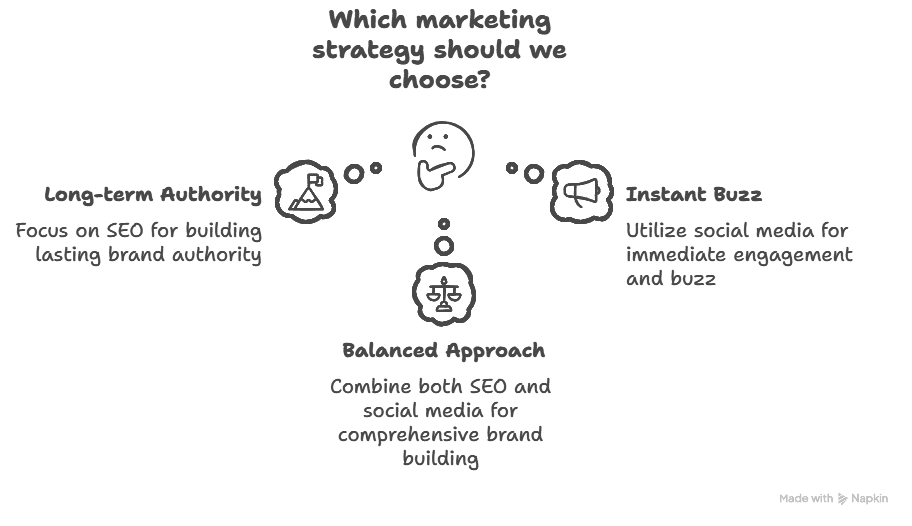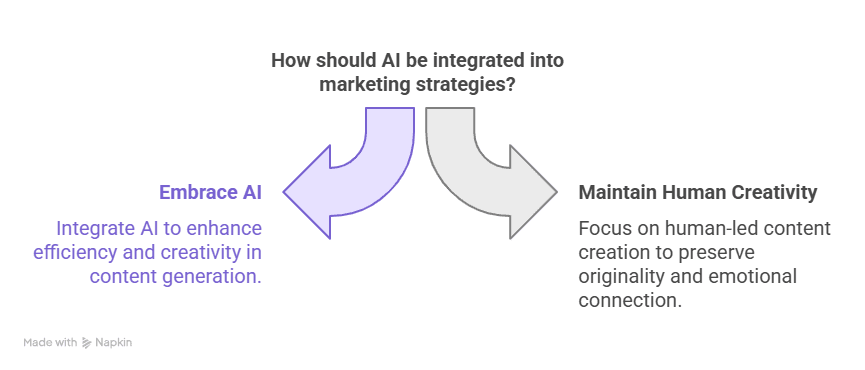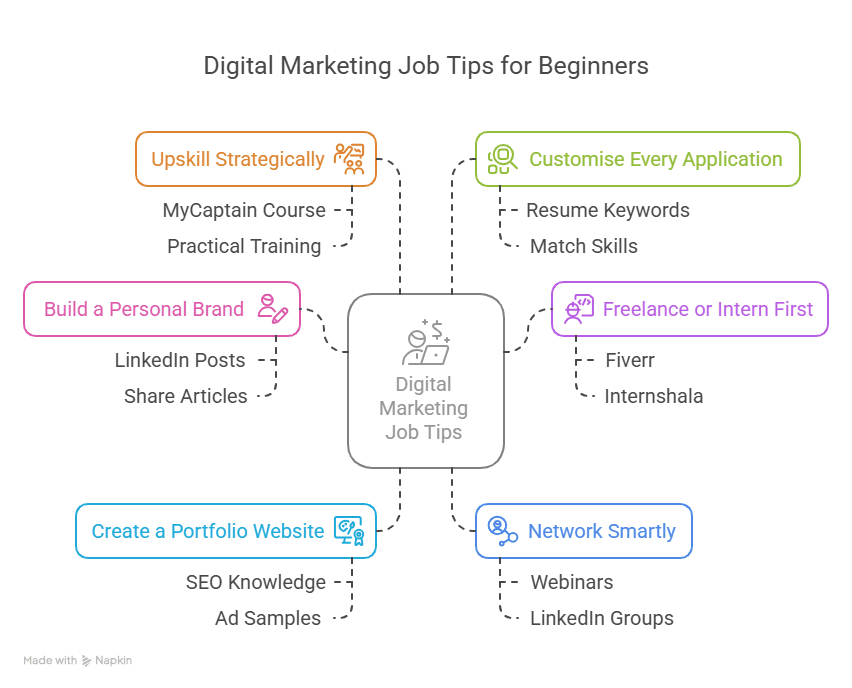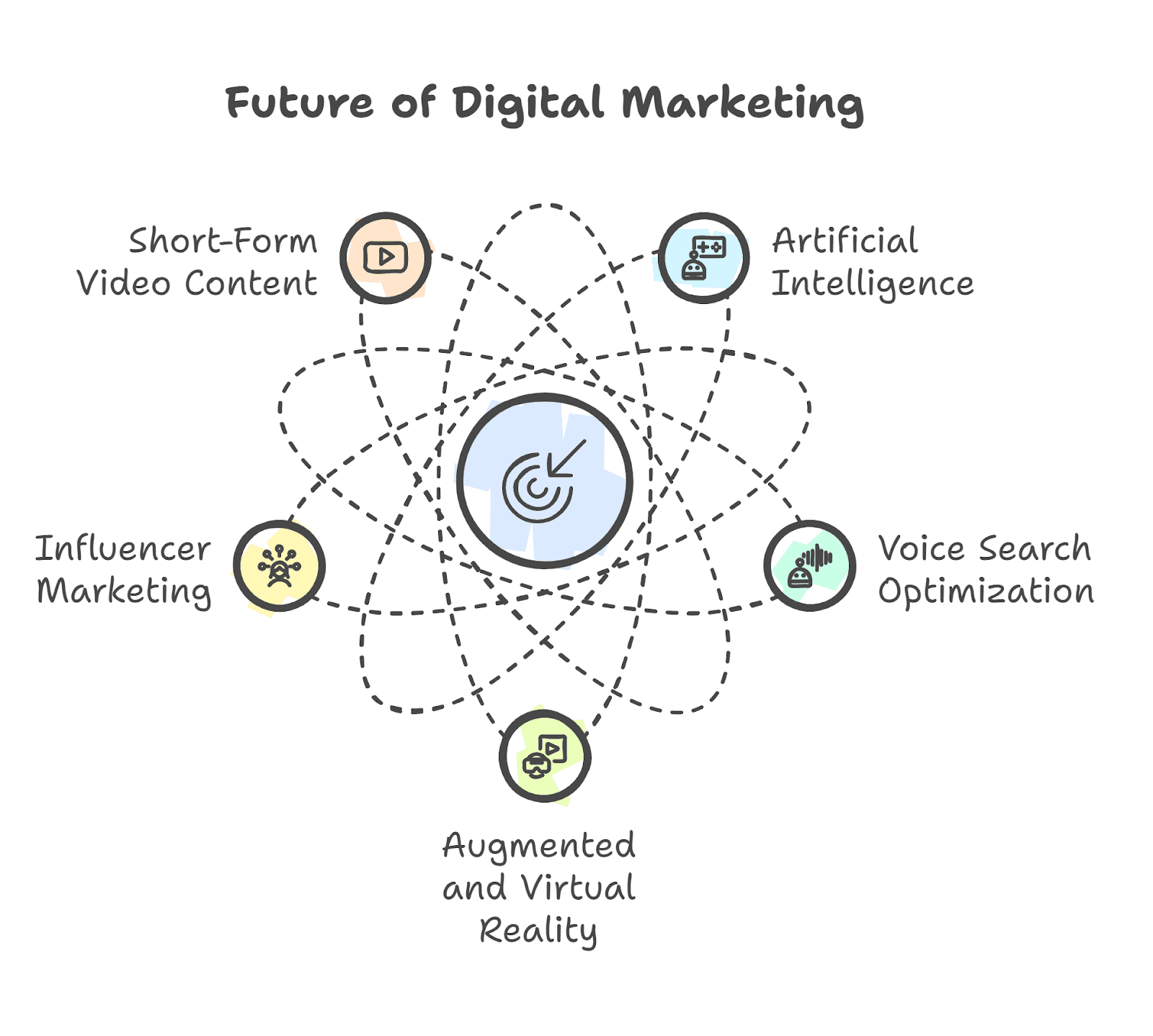In today’s competitive digital world… businesses often ask the critical question: Social Media Marketing vs. SEO – which one should we focus on? Both strategies have their strengths… but their effectiveness depends on your brand goals, audience behaviour & resources.
Before diving deeper into the Social Media Marketing vs. SEO debate… let’s get a clear understanding of how each one works.
| Aspect | SEO | Social Media Marketing |
| Objective | Rank higher in search engines & drive organic traffic | Build community, brand awareness & direct engagement |
| Traffic Source | Search engines like Google & Bing | Platforms like Facebook, Instagram, LinkedIn & X |
| Timeframe | Medium to long-term | Instant to short-term |
| Dependency | Search algorithm updates | Social platform algorithm changes |
SEO vs Social Media Marketing: A Fundamental Battle
SEO vs social media marketing is often about balancing sustainability with speed. SEO strategies like keyword optimisation, link building & technical SEO provide a strong foundation that brings consistent leads over time. Meanwhile… social media lets you interact with audiences instantly… building brand visibility & loyalty faster.
To build a flourishing career in this domain… check out our full guide on Top Career Paths in Digital Marketing.
Real Example: SEO vs Social Media
- A SaaS startup invests heavily in SEO… publishing in-depth blogs & ranking for industry-specific keywords. Six months later… they see a steady flow of inbound leads.
- A fashion brand launches a new collection… leveraging Instagram reels & influencer shoutouts. They achieve viral success & quick sales… but need to keep running campaigns to maintain momentum.
This real-world contrast highlights the essence of SEO or social media for business growth decisions.
Organic Traffic vs Social Media Reach: Where Should You Invest?
When discussing organic traffic vs social media reach… the main difference is how lasting the impact is. Organic SEO traffic keeps building with minimal ongoing cost after the initial effort. Social media reach gives you immediate exposure… but it often fades unless you post consistently or pay for ads.
| Factor | Organic Traffic (SEO) | Social Media Reach |
| Sustainability | Long-term compounding | Requires regular efforts |
| Ad Spend | Minimal after ranking | Frequent ad spending |
| Conversion Probability | High | Medium |
Want to leverage AI for even better results? Here’s a great read: AI in Digital Marketing.
SEO or Social Media for Business Growth: How to Choose Smartly
If you need quicker results… such as promoting an event or a flash sale… social media is your best bet. But for building brand authority, trust & long-term visibility… SEO is the undisputed king. Choosing between SEO or social media for business growth depends heavily on your timeline, resources & industry.
| Need | Choose This |
| Long-term authority | SEO |
| Instant buzz & engagement | Social Media |
| Balanced brand building | Both |
Remember… the best digital marketing strategy often includes both SEO & social media… woven together smartly.

Social Media Engagement vs SEO Traffic: What Brings More Conversions?
When it comes to social media engagement vs SEO traffic… it’s vital to understand the user intent. Someone engaging with your Instagram post may not be ready to buy immediately… while someone searching for “best accounting software” on Google is closer to conversion.
Pro Tip:
Combine the power of both… run social ads retargeting users who visited your website through SEO content. This strategy leads to massive conversion jumps.
Want to get more actionable insights? Here’s another gem: How to Increase Website Traffic.
Marketing ROI Comparison: Crunching the Numbers
Now… let’s dive into a detailed marketing ROI comparison between SEO & social media…
| Parameter | SEO | Social Media Marketing |
| Customer Acquisition Cost | Lower over time | Higher if relying on ads |
| Brand Loyalty | High once authority is established | Requires ongoing engagement |
| Content Longevity | Blog posts rank for years | Posts disappear in feeds quickly |
Smart marketers monitor marketing ROI comparison metrics regularly… adjusting strategy based on performance trends.
For those looking to master both strategies… the MyCaptain Digital Marketing Program offers a hands-on curriculum covering SEO, social ads, analytics & more!
Also… check out this quick & powerful video breakdown: Watch it here!
Which is Better: SEO or Social Media?
In the never-ending debate of which is better: SEO or social media… there is no one-size-fits-all answer. Instead… think of SEO as planting trees & social media as throwing a bonfire party. Trees take time but last for decades… parties create immediate buzz but fade unless repeated.
| Comparison Element | SEO | Social Media |
| Patience Required | Yes | No |
| Immediate Gratification | No | Yes |
| Long-term Value | Extremely High | Moderate |
The reality? Brands that leverage both methods together win in today’s competitive landscape.
FAQs
Q1. What is the main difference between SEO vs social media marketing?
Answer:
SEO vs social media marketing differs mainly in approach… SEO brings long-term organic traffic… while social media drives instant audience engagement & brand awareness.
Q2. Which platform offers better marketing ROI comparison?
Answer:
In a marketing ROI comparison… SEO offers higher returns over time… while social media requires continuous investment & effort for sustained results.
Q3. What should I focus on for better business growth… SEO or social media for business growth?
Answer:
If you want steady long-term visibility… choose SEO… but for fast brand buzz… go with social media… many brands combine both for the best SEO or social media for business growth outcome.
Q4. How does organic traffic vs social media reach affect marketing strategies?
Answer:
Organic traffic vs social media reach impacts marketing goals differently… organic traffic builds compounding growth… social media reach gives quick… short-term attention.
Q5. Which one drives better conversions… social media engagement vs SEO traffic?
Answer:
For immediate sales… social media engagement vs SEO traffic can be strong… but SEO traffic often results in higher-quality… purchase-ready leads.
Q6. Which is better: SEO or social media for a new brand?
Answer:
For a new brand… which is better: SEO or social media depends on goals… social media boosts awareness faster… SEO builds authority for the long run.
Q7. Can SEO vs social media marketing work together?
Answer:
Yes… SEO vs social media marketing can complement each other… SEO builds search presence… while social media amplifies content reach & engagement.
Q8. How important is marketing ROI comparison for small businesses?
Answer:
For small businesses… marketing ROI comparison is crucial… it helps decide where to invest smartly… balancing SEO efforts & social media campaigns.
Conclusion: Social Media Marketing vs. SEO – The Smarter Move
Summing it up… Social Media Marketing vs. SEO shouldn’t be a matter of choice… it should be a strategy of synergy. Whether you’re focusing on organic traffic vs social media reach… comparing social media engagement vs SEO traffic… or evaluating a marketing ROI comparison… a combined strategy usually delivers the highest rewards.
Choosing SEO or social media for business growth is about understanding your customer journey… goals & resources.
Ready to master both worlds?
Start your journey with the MyCaptain Digital Marketing Program… & equip yourself for the future of marketing!



